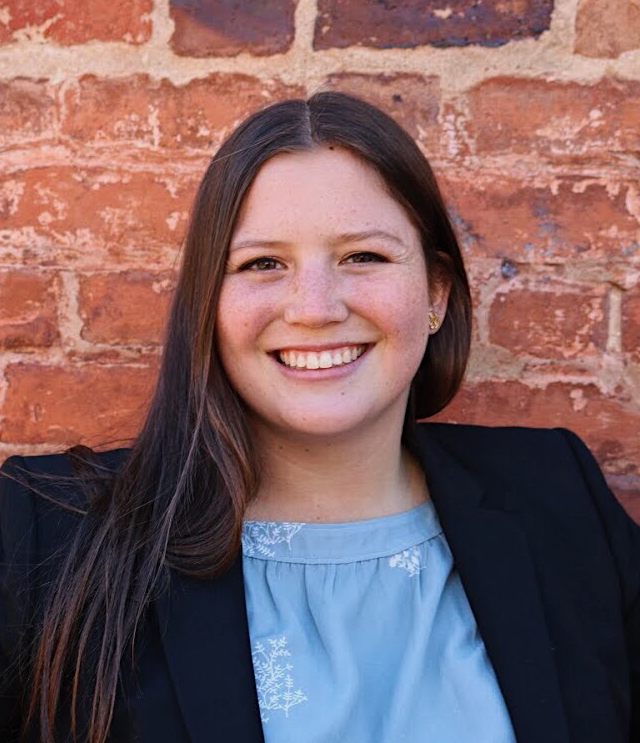June 28, 2023. By Caroline Minnick.

It feels as though we are never lacking for conversations regarding the ups and downs of America’s healthcare system. On January 1st, 2023, the Center for Medicaid and Medicare Services (CMS) implemented a new Physician Fee Schedule, which includes a significant cut of nearly 4.5% to physician reimbursement for services provided to Medicaid-insured patients. While at first glance, this cut may seem like an issue affecting some of our nation’s best-compensated professionals, the potential downstream consequences have kept me awake at night, deeply concerned about the far-reaching impact on Medicaid patients across the country.
Recently, I had the privilege of spending a day with a group of family physicians from North Carolina, where I had the opportunity to hear about their personal lives, their practices, their triumphs, and their challenges. As a medical student on the verge of transitioning into a practicing physician, I was struck by the financial and sustainability issues faced by this group on a collective level. One physician from Charlotte shared that she had established her practice with the intention of providing ongoing care to North Carolina’s diverse population. However, her aspirations were short-lived as she confronted the challenge of paying her staff and keeping her facility operational amidst meager physician reimbursement for Medicaid services. This revelation crushed me. Sitting alongside these passionate physicians, driven by the ideals of health equity and justice, and witnessing the multitude of obstacles that hindered their progress, I became acutely aware that change was desperately needed.
To provide some context, the Medicaid population, as a whole, consists of individuals who are poorer and experience poorer health compared to those covered by private insurance. They have higher rates of disability, chronic health conditions, and poverty. In addition to these challenges, these patients face barriers such as inconsistent transportation, lack of childcare, work obligations, and language barriers, which disproportionately affect them and prevent them from seeking healthcare as frequently as individuals with private insurance.
The family physician from Charlotte is just one example of a healthcare provider limiting their services to Medicaid patients due to unsustainable reimbursement rates. With the changes introduced in the CMS Physician Fee Schedule in 2023, this issue is further exacerbated, and the number of medical practices open to Medicaid-insured patients is projected to decline even further from the already meager 70% where it currently stands. This places an undue burden on these patients, who already struggle with access to healthcare. The healthcare system in the United States consistently proves itself to be broken, resembling more of a “Sick Care System” that primarily focuses on addressing health issues as they arise, lacking a robust infrastructure for universal preventative care. And this broken system comes at a great cost. Each year, approximately 27 million visits to the emergency department could be prevented with consistent primary care, and each emergency room visit costs nearly $2,000 more than its primary care counterpart. As Medicaid-insured patients encounter increasing difficulty in accessing consistent primary care, these figures will inevitably rise.
As we look ahead and contemplate our own health, the health of our neighbors, and the impact on our wallets, we must also critically examine whether the current healthcare system is constructed appropriately. We need to raise our voices when we believe it is not. We may not be able to magically fix the United States healthcare system overnight, but we can urge our representatives to listen, to think, and to consider the costly effects of keeping healthcare out of reach. I implore you to act and make your voice heard. Together, we can advocate for change and strive towards a more equitable and accessible healthcare system for all.
Caroline Minnick
2022-23 NC Schweitzer Fellow
Wake Forest School of Medicine, Class of 2025
